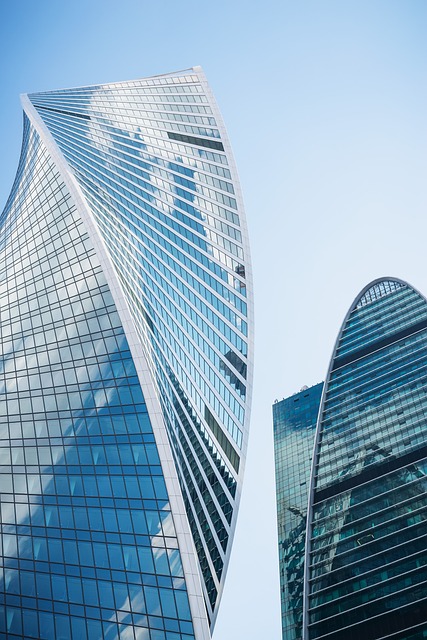- Understanding the Essence of Executive Condo (EC) Leasehold and Freehold Ownership
- The Evolution of ECs: A Look at the 5-Year Eligibility Criteria Post-Purchase
- Leasehold vs Freehold: Long-Term Implications for Homeowners
- Financing Your Dream: Executive Condo After 5 Years – Mortgage Considerations
- Resale Value and Market Trends: ECs After Half a Decade
- Legal Framework: Rights and Obligations in Leasehold vs Freehold Properties
- Lifestyle and Convenience: Amenities and Living Experience in Executive Condos
- The Investment Perspective: Rental Yields and Capital Appreciation for ECs Post-Five Years
- Making an Informed Decision: Factors to Consider When Choosing Between Leasehold and Freehold ECs After 5 Years
Understanding the Essence of Executive Condo (EC) Leasehold and Freehold Ownership
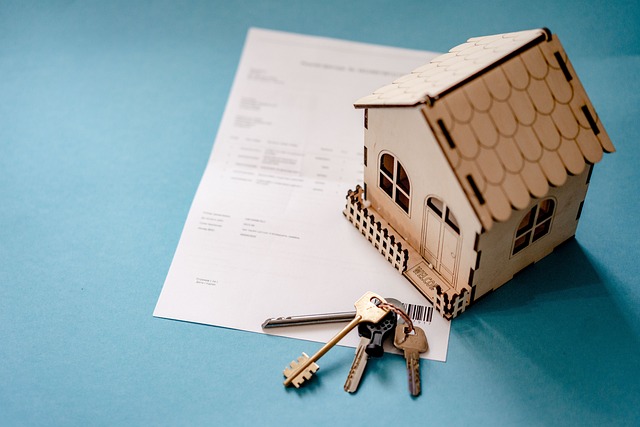
In Singapore’s dynamic property landscape, discerning between Executive Condominium (EC) leasehold and freehold ownership presents unique considerations for potential homeowners. Executive Condos, designed primarily for middle-income families, offer a blend of affordability and luxury. Notably, after the initial 5 years of occupation, EC owners can sublet their units or sell them back to the developer at the prevailing market rate. This flexibility is a significant aspect of ECs, catering to the transient needs of families whose circumstances may change over time. On the other hand, freehold properties in Singapore confer perpetual ownership, appealing to those seeking a long-term investment or a generational home. The distinction between leasehold and freehold tenure is crucial when considering factors like property value appreciation and the duration of one’s stake in the property market. Prospective buyers should weigh the benefits of EC leasehold against the longevity of freehold, aligning their decision with their long-term housing goals and investment strategies. After the initial 5 years, EC owners have more options regarding the usage and sale of their units, which can be a strategic advantage in a fluctuating property market. Conversely, the perpetual nature of freehold properties ensures that they may retain their value over extended periods, making them a stable choice for those who plan to stay in their homes for many years or pass them down through generations. Understanding these nuances is essential for anyone navigating the decision between an EC leasehold and a freehold property in Singapore’s vibrant real estate market.
The Evolution of ECs: A Look at the 5-Year Eligibility Criteria Post-Purchase
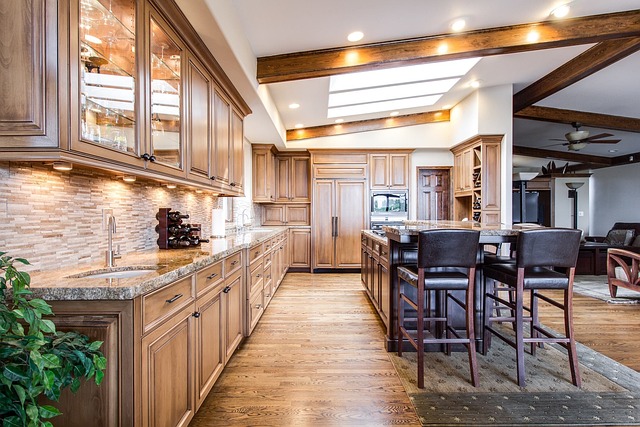
Leasehold vs Freehold: Long-Term Implications for Homeowners
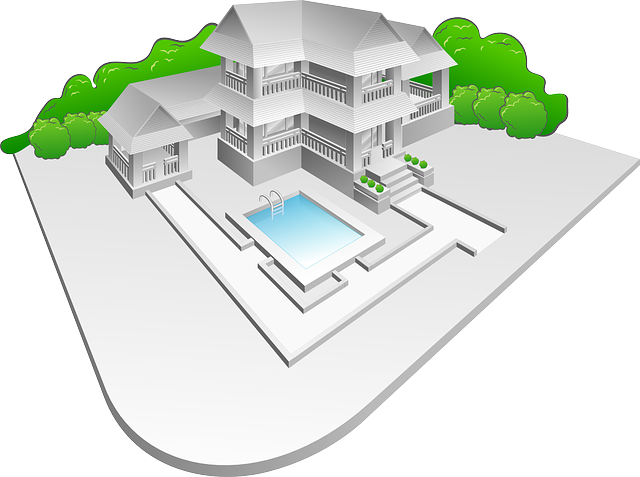
When considering the long-term implications for homeowners in the realm of property ownership, the distinction between Leasehold and Freehold tenure is pivotal. For Executive Condos after the initial 5-year Minimum Occupation Period (MOP), leasehold properties offer a duration of land usage rights that can span up to 99 years, as opposed to freehold which grants ownership in perpetuity. This fundamental difference has significant consequences for homeowners.
For those opting for an Executive Condo on a leasehold basis post-MOP, the remaining lease term is a critical factor. As the lease duration diminishes over time, the value of the property can be affected more pronouncedly. Conversely, freehold properties maintain their full value and offer greater flexibility, as they are not subject to lease expiration. Homeowners who prioritize long-term stability and wish to pass down property ownership may find freehold tenure more aligned with their aspirations. The decision between leasehold and freehold thus hinges on individual preferences, financial planning, and the desired duration of investment in an Executive Condo after the 5-year MOP period. Understanding the implications of leasehold versus freehold is essential for homeowners to make informed decisions that align with their long-term objectives.
Financing Your Dream: Executive Condo After 5 Years – Mortgage Considerations
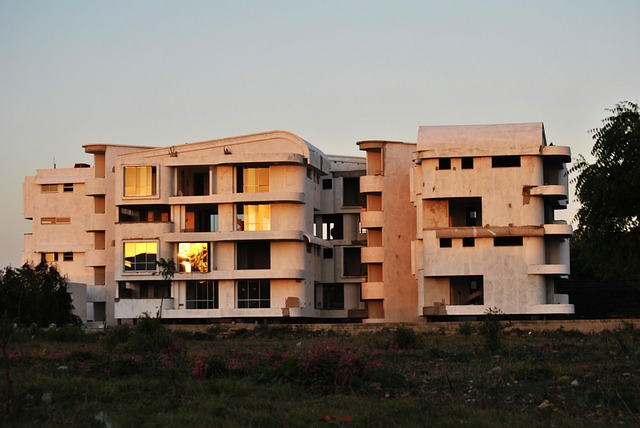
Resale Value and Market Trends: ECs After Half a Decade

When considering the resale value and market trends of an Executive Condo (EC) after five years, it’s evident that several factors play a pivotal role in determining its appeal to potential buyers. Unlike freehold properties which hold their value over time due to their permanent nature, ECs as leasehold developments are subject to the remaining duration of their 99-year lease. Post-five-year mark, ECs typically transition into private condominiums, and their resale value can be influenced by the prevailing market conditions, such as interest rates, economic climate, and population growth trends.
In the initial years following its launch, an EC might attract a broader demographic, including younger couples who are eligible for an EC due to income restrictions but are looking to upgrade to a more spacious and luxurious living environment after their financial situation improves. The resale value of such properties after five years can be quite robust if they are well-located and within mature estates offering comprehensive amenities and connectivity. Additionally, the condition of the unit, its design appeal, and any enhancements made by previous owners can significantly impact the resale price. Market trends suggest that ECs in sought-after regions or those with an exceptional track record for capital appreciation may retain a strong resale value even after half a decade. It’s advisable for prospective buyers to conduct thorough research on the specific EC, its location, and the historical resale performance of similar properties when assessing long-term investment potential.
Legal Framework: Rights and Obligations in Leasehold vs Freehold Properties

Lifestyle and Convenience: Amenities and Living Experience in Executive Condos
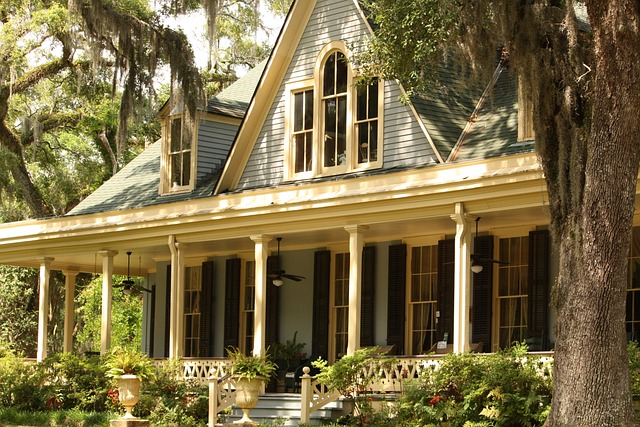
Executive Condos (ECs) in Singapore offer a unique living experience that caters to families and individuals seeking a blend of affordability and quality lifestyle within a leasehold framework. These residences are specifically designed for couples who are citizen-Singaporeans or permanent residents, with at least one being a first-timer applicant for a new EC. Living in an EC after 5 years typically means that residents have had ample time to settle into their community and fully utilize the amenities provided.
Within these developments, residents enjoy a plethora of facilities that enrich their daily lives. From swimming pools and gymnasiums to playgrounds and community spaces, ECs are designed with a holistic living approach in mind. The lifestyle within an EC is further complemented by its strategic location, often nestled close to shopping centers, schools, and public transportation hubs, ensuring convenience and accessibility. After five years of residence, the vibrancy of these communities becomes more pronounced as residents engage with one another and foster a sense of belonging. The amenities in Executive Condos not only cater to leisure and recreation but also support the daily needs of the household, making them a sought-after housing option for those looking for a comfortable and connected living environment within the parameters of a leasehold tenure.
The Investment Perspective: Rental Yields and Capital Appreciation for ECs Post-Five Years
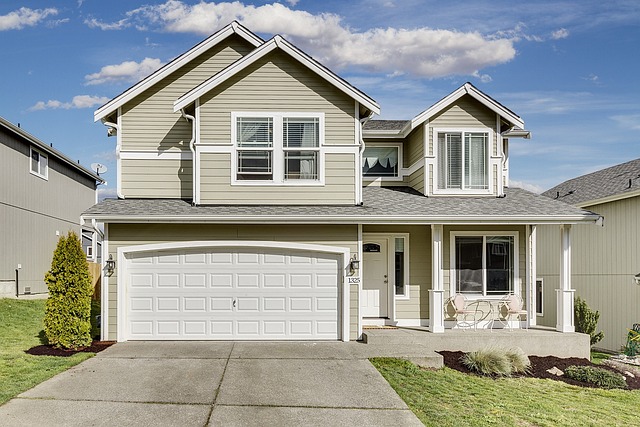
When assessing the investment perspective of Executive Condos (ECs) post-five years, both rental yields and capital appreciation are critical factors to consider for potential investors. Typically, ECs offer a unique value proposition due to their leasehold nature, which spans 99 years. After five years, these properties can show promising trends in terms of rental yields. Investors often find that as the development matures, the demand from upgraders and young families seeking affordable living options near mature estates tends to increase, potentially driving up rental yields. This demand is often underpinned by the convenient location and proximity to amenities, which can lead to a steady income stream for investors over the leasehold period.
From a capital appreciation standpoint, ECs have historically demonstrated resilience in the Singapore property market. After a five-year mark, these properties can witness an uptick in value as they become more established and sought after by buyers looking to live, singapore, and invest in growth areas. The attractiveness of ECs is further amplified by their status, which allows for a subsidy from the Central Provident Fund (CPF) and offers a more affordable entry point into the public housing market compared to non-landed properties. This unique blend of affordability and potential for capital appreciation makes ECs an attractive option for investors with a medium-to long-term investment horizon. Investors should, however, remain mindful of the lease decay over time, as this will affect the property’s value upon resale. Understanding the market trends, including government policies that influence the EC landscape, is essential for investors to make informed decisions post-five years.
Making an Informed Decision: Factors to Consider When Choosing Between Leasehold and Freehold ECs After 5 Years
